Patient Testimonial for Robotic Surgery
- Patient Name
Mr. Anthony Thole - Treatment for
Prostate Cancer - Treated by
Dr. Suri Babu - Speciality
Robotic Sciences, Urology - Procedure
Robotic Surgery - Patient Location
Zambia
Testimonial by Mr. Anthony Thole
Prostate cancer occurs when abnormal cells in the prostate gland grow uncontrollably. The causes of prostate cancer are not fully understood, but factors such as age, family history, and genetics may play a role. Symptoms might not appear in the early stages, but as the cancer progresses, individuals may experience difficulty urinating, blood in the urine, or erectile dysfunction. Diagnosis often involves a combination of a digital rectal exam, blood tests to measure prostate-specific antigen (PSA) levels, and a biopsy to confirm the presence of cancer cells. Treatment options for prostate cancer include active surveillance, surgery, radiation therapy, hormone therapy, chemotherapy, or a combination of these, depending on the cancer’s stage and the patient’s overall health.
Robotic surgery for prostate cancer is a minimally invasive surgery to remove the prostate gland (prostatectomy) using a robotic system. The robot is controlled by a surgeon who operates from a console, using robotic arms equipped with tiny surgical instruments to perform precise and intricate movements. The advantages of robotic surgery include smaller incisions, reduced blood loss, shorter hospital stays, faster recovery times, and potentially less pain compared to traditional open surgery. However, like any surgical procedure, there are risks and complications associated, such as infection, bleeding, damage to surrounding structures, urinary incontinence, or the possibility of the cancer not being completely removed. Therefore, it is always recommended that patients discuss the benefits and potential risks with their healthcare provider to make an informed decision about their treatment.
Mr. Anthony Thole from Zambia successfully underwent Robotic Surgery for Prostate Cancer at Yashoda Hospitals, Hyderabad, under the supervision of Dr. Suri Babu, Consultant Urologist, Laparoscopic, Robotic & Transplant Surgeon.




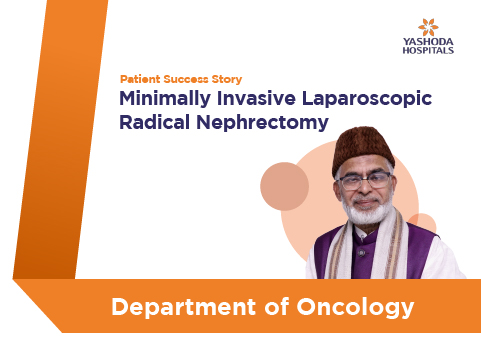


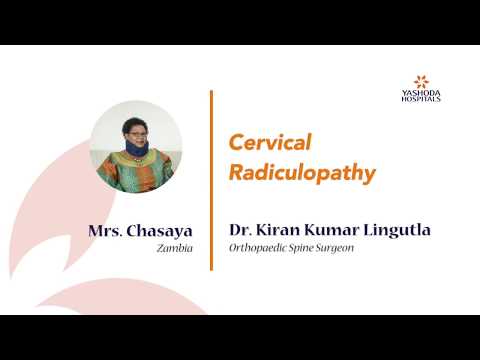
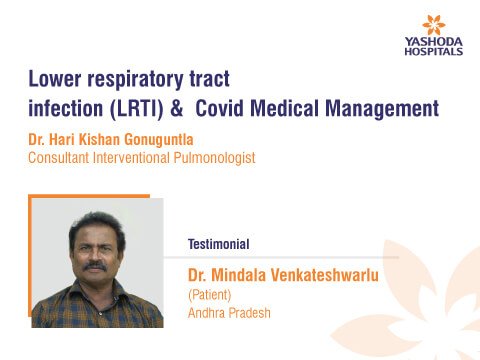


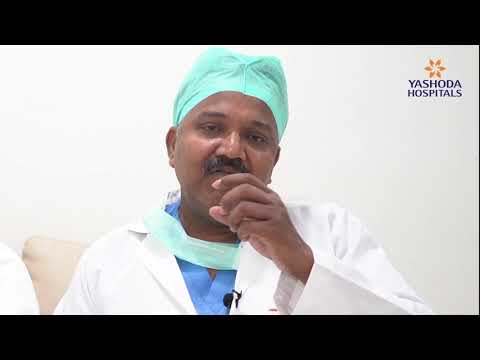
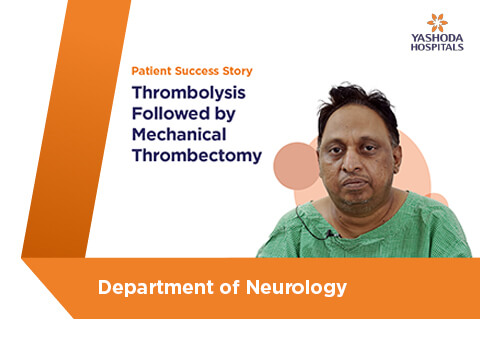

 Appointment
Appointment Second Opinion
Second Opinion WhatsApp
WhatsApp Call
Call More
More





